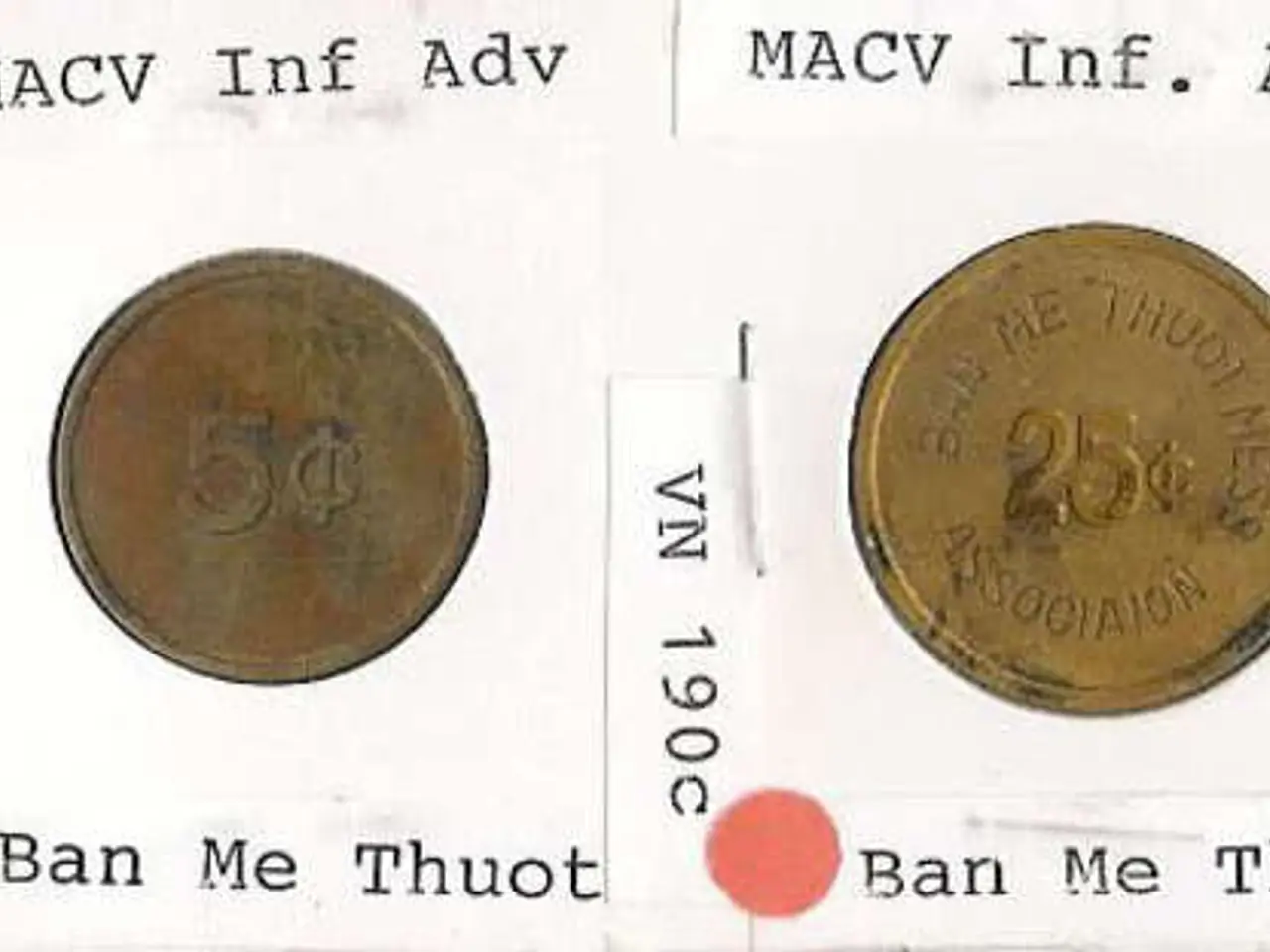Algerian Authorities Crack Down on Cryptocurrency: Penalties Include Imprisonment and Substantial Fines for Users and Miners
In a significant move, Algeria has enacted Law No. 25-10, banning all cryptocurrency-related activities within the country. As of July 24, 2025, trading, mining, possession, promotion, and providing related services such as exchanges and wallets are now illegal.
The new law aligns with global financial integrity standards, particularly those set by the Financial Action Task Force (FATF), and aims to protect Algeria's financial system from unregulated capital flows, prevent money laundering and terror financing through anonymous transactions, and avoid financial instability caused by crypto market volatility.
The enforcement is strict and comprehensive, reflecting a zero-tolerance policy similar to China’s approach to cryptocurrencies. Offenders face penalties of 2 months to 1 year in jail and fines of up to 1 million dinars (~$7,700). These penalties may be increased if activities are linked to organized crime or terrorism financing, potentially resulting in longer prison sentences.
The law covers not only active users but also passive holders and anyone involved in promoting or supporting crypto activities. This includes creators, hosts, or operators of trading avenues, as well as influencers and advertisers who promote crypto-related platforms or projects.
The Algerian government is coordinating a nationwide enforcement campaign, involving multiple entities like the Bank of Algeria, Banking Commission, National Financial Intelligence Services, and security and cybercrime units. Enforcement measures include cracking down on VPN users and black-market mining operations.
Digital wallets, including non-custodial wallets, are also banned for use or advertising in Algeria. Those who went to foreign exchanges and utilized P2P systems or VPNs would also be prosecuted, in case there are proofs that their stream of activity was repeated or large-scale.
This legislation marks a significant shift from previous regulations, which were vague or non-criminalizing, by explicitly prohibiting and punishing all aspects of the cryptocurrency sector within Algeria. Penalties for organized offenders linked to organized crime networks, large-scale financial fraud, or terrorist financing operations may be significantly increased, with potential multi-year sentences and higher financial penalties.
Sources: [1] Al Jazeera. (2025). Algeria bans all cryptocurrency activities. Retrieved from https://www.aljazeera.com/news/2025/7/24/algeria-bans-all-cryptocurrency-activities
[2] Reuters. (2025). Algeria outlaws all crypto-related activities, imposes penalties. Retrieved from https://www.reuters.com/business/finance/algeria-outlaws-all-crypto-related-activities-imposes-penalties-2025-07-24/
[3] CoinDesk. (2025). Algeria criminalizes all crypto-related activities with new law. Retrieved from https://www.coindesk.com/algeria-criminalizes-all-crypto-related-activities-with-new-law
- Despite the ban, individuals continue to use Bitcoin and other cryptocurrencies in Algeria, trading them on underground exchanges.
- The new law extends to all forms of crypto, including Ethereum, Defi tokens, and even mining-related activities.
- With the enforcement, Algeria joins the list of countries with strict crypto legislation, such as China, who also recentered their policy on blockchain technology but banned cryptocurrency exchanges and mining.
- Some experts argue that the ban could push the crypto market towards the black market, increasing crime-and-justice issues and reducing general-news coverage of the industry.
- Meanwhile, the global finance sector, including business and technology, sees potential in the Defi space, decoupling financial services from traditional banks and institutions.
- Mining crypto could be considered a breach of security policies in Algeria, as it requires significant computing power and potentially opens the system to vulnerabilities.
- The policy-and-legislation around cryptocurrencies is evolving worldwide, with some countries embracing risks through innovative policy-making, while others adopt a zero-tolerance approach.
- The ban on advertising for wallets, even non-custodial wallets, may impact the growth of blockchain technology in Algeria, as education plays a crucial role in widespread adoption.
- Due to the volatility of the crypto market, the Algerian government seeks to maintain stability in the national currency, the Dinars, by regulating the inflow and outflow of capital through the exchange of cryptocurrencies.
- Amidst growing international awareness around crypto trading, the black market has become more sophisticated, using advanced technology and complex methods to evade authorities, posing challenges for policy enforcement.




